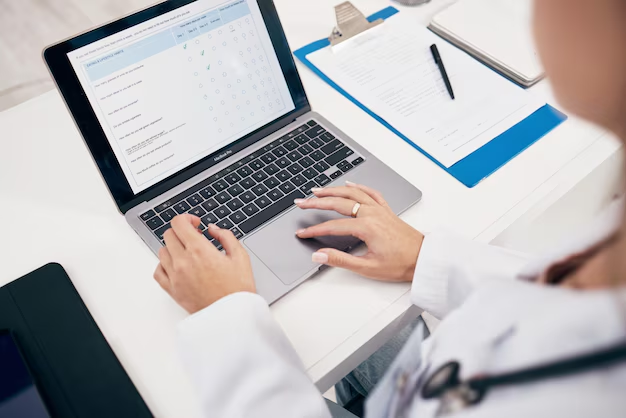How to Become a Medical Billing and Coding Specialist: Essential Education and Certifications
Embarking on a career as a Medical Billing and Coding Specialist offers a promising pathway within the healthcare industry, renowned for its stability and growth potential. This profession primarily requires precise knowledge of medical codes and billing procedures to ensure accurate patient information management. Although a bachelor's degree is not mandatory, pursuing formal education is highly beneficial for prospective specialists. Many community colleges and vocational schools offer certificate or associate degree programs specifically designed for medical billing and coding, which furnish students with a comprehensive understanding of healthcare-related administrative processes.
Additionally, obtaining certifications from recognized organizations can significantly enhance job prospects and credibility. Certification such as the Certified Professional Coder (CPC) from the American Academy of Professional Coders (AAPC) or the Certified Coding Specialist (CCS) from the American Health Information Management Association (AHIMA) are highly respected in the industry. These certifications demonstrate a professional's proficiency and commitment to maintaining ethical and precise coding practices. Continuous education and certification renewals are encouraged to stay updated with evolving industry standards and regulations.
Recommended Education and Certifications for Medical Billing and Coding
-
🎓 Certificate or Associate's Degree in Medical Billing and Coding
- Offered by community colleges or vocational schools
-
📜 Certified Professional Coder (CPC)
- Offered by the American Academy of Professional Coders (AAPC)
-
📄 Certified Coding Specialist (CCS)
- Offered by the American Health Information Management Association (AHIMA)
-
📚 Continuing Education and Certification Renewal
- Ensures up-to-date knowledge with changing industry standards
